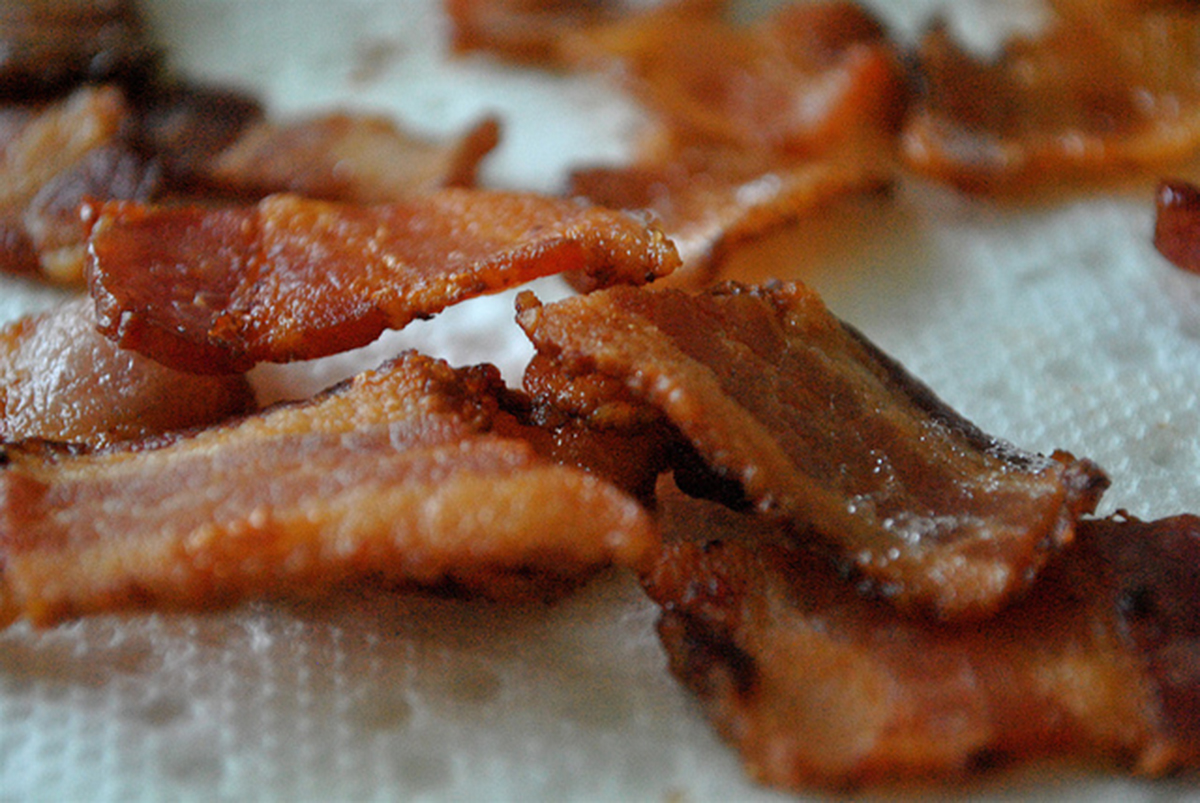Table of Contents
Do scientists hate hot dogs? Do they want to ban bacon? A recent study sponsored by the World Health Organization finds a statistical link between the consumption of red meat and processed meat with cancer, but the data are open to interpretation.
The World Health Organization data show that the relationship between eating red or processed meat and colorectal cancer is significant, but not very large. This is often the case with studies that involve tens of thousands or hundreds of thousands of people. The study does not find that paleo is poisonous or that ham harms.
Moreover, the data in these studies was not accumulated by scientific studies, but from food frequency questionnaires. Researchers asked random respondents to guess what they had eaten over the last twelve months. These kinds of studies are notoriously inaccurate (and studies of studies have found that they are.) People forget what they ate. They make up menus to sound better, and millions of people are enamored of bacon, whether or not they really eat it all time.

The studies didn't assess a difference between a stopping at Burger King for a triple whopper to eat in front of the TV and eating a small steak when you get in from the gym.
It's not wonder that the scientists had to cherry-pick the data (or refine their inclusion parameters) to get significant results, and even when they did, about half of the studies did not find a relationship between eating red or processed meat and colorectal cancer. Hundreds of other kinds of cancer were not even mentioned.
That doesn't mean that there are absolutely no reasons to believe there could be a relationship between meat consumption and cancer. Here are the three main links between meat and cancer.
- Curing and smoking meat create n-nitroso-compounds and polycyclic aromatic hydrocarbons, respectively. Both are known carcinogens.
- Nitrate-cured meats (such as bacon, ham, and sausage) contain chemicals that become nitrosamines in the colon itself. The heme- iron in meat accelerates this process. Even "kosher" and "hallal" bacon products (made with chevron or beef) form nitrosamines.
- High-temperature cooking of meat forms carcinogens. Sautéing, searing, grilling, and caramelization of red meat creates heterocyclic amines in the broiler and polycyclic aromatic hydrocarbons over open flame. The hotter and longer the cooking method, the more carcinogenic the resulting meat. Well-done meat is more carcinogenic than rare or medium-rare meat.
However, there are many things you can do to make the meat you eat safer.
- Marinating red meat (especially in cherry juice, but also in spices, garlic, onions, citrus, wine, honey, or vinegar) reduces the formation of carcinogens during cooking.
- Cooking in liquid (steaming, braising, slow-cooking) meats reduces the formation of cancer-causing compounds. Cooking in the marinade reduces the formation of carcinogens even more.
- Cooking in a pressure cooker reduces exposure to oxygen and accelerates the cooking process, reducing formation of carcinogens.
- Eating high-fiber foods reduces contact of carcinogens with the lining of the digestive tract.
- Eating resistant starches (sticky white rice, cold boiled potatoes, plantain, sweet potatoes) reduces contact of carcinogens with the digestive tract.
- The more red meat you eat, the more vegetables you should eat. Green vegetables provide both fiber and antioxidants that reduce the formation of cancer-inducing chemicals.
- Eat nuts and seeds, for the reason explained below.
- Maintain your probiotic health. Friendly, probiotic bacteria convert the linolenic acid in nuts and seeds into butyric acid, whic protects against colon cancer.
- Eat identifiable meat. If you can't tell what cut of meat it is by looking at it, it's probably over-processed.
- Cook gently. Slow-cooked meats, not overdone, preferably rare, are always the most gut-healthy meat choice.
- Bouvard V, Loomis D, Guyton KZ, Grosse Y, Ghissassi FE, Benbrahim-Tallaa L, Guha N, Mattock H, Straif K
- International Agency for Research on Cancer Monograph Working Group. Carcinogenicity of consumption of red and processed meat Lancet Oncol. 2015 Oct 23. pii: S1470-2045(15)00444-1. doi: 10.1016/S1470-2045(15)00444-1. [Epub ahead of print] PMID: 26514947.
- Photo courtesy of honor photo bar: www.flickr.com/photos/honorphotobar/9589239266/
- Photo courtesy of cookbookman17: https://www.flickr.com/photos/cookbookman/6175755733/


Your thoughts on this